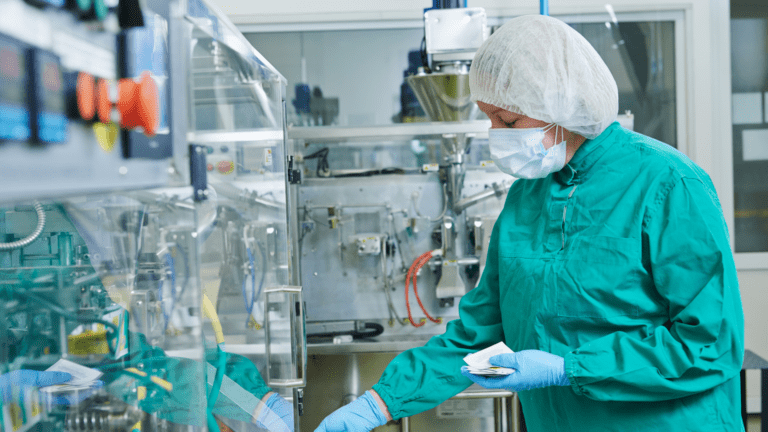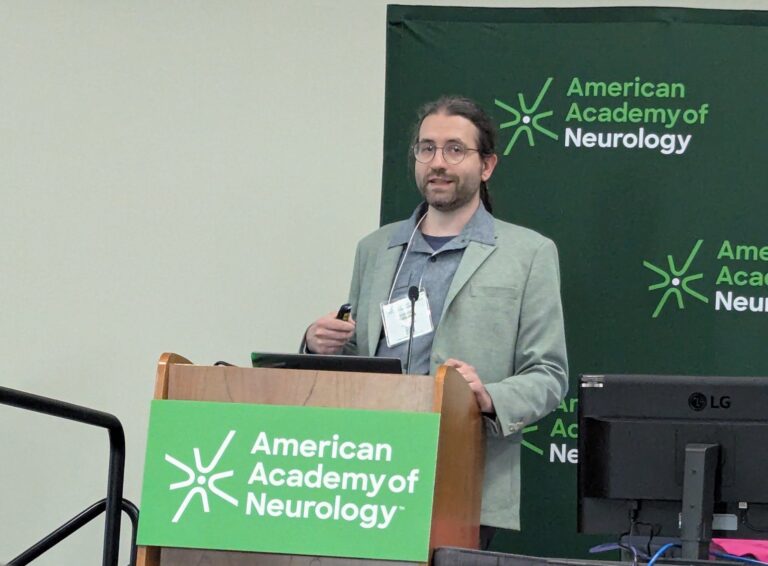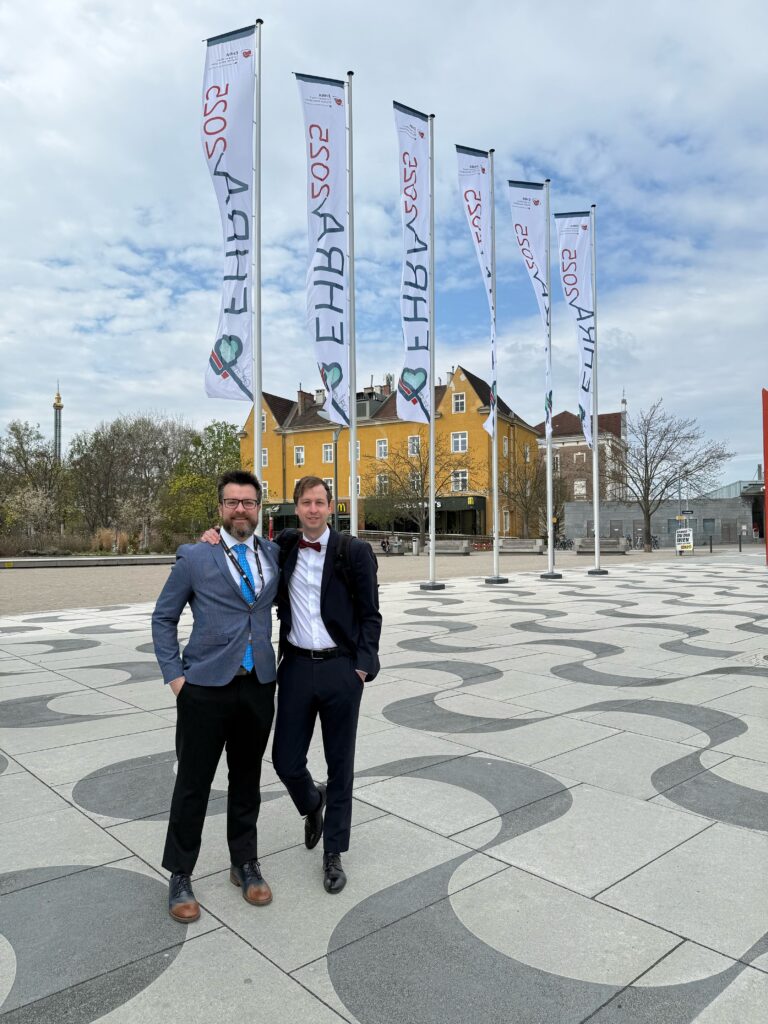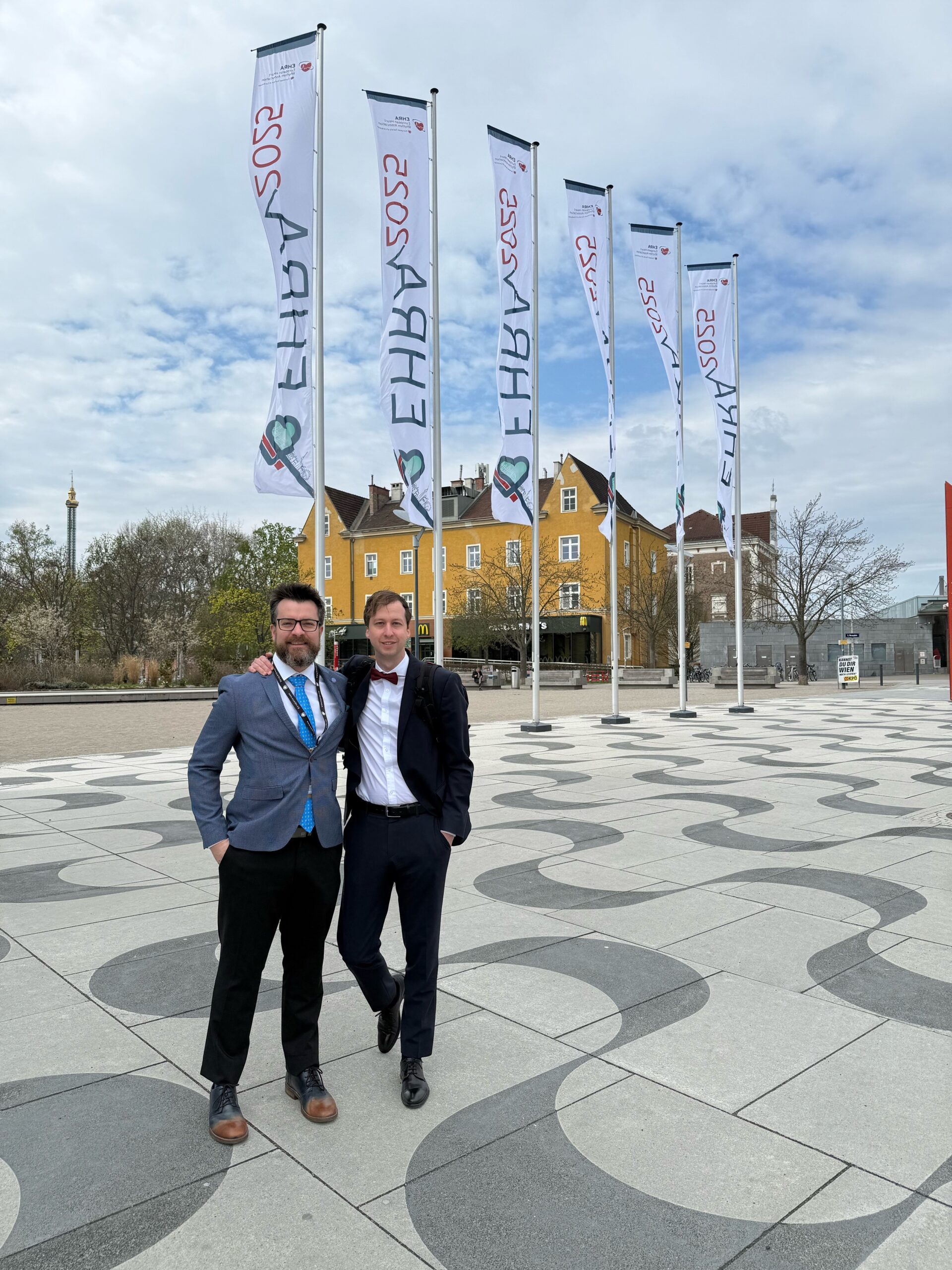A sub-study of the global ARTESiA trial has shown that the CHA2DS2-VASc score helps guide oral anticoagulation for patients with subclinical atrial fibrillation.

Jeff Healey
These findings were presented by PHRI Senior Scientist Jeff Healey during a late-breaking clinical trials session at the Heart Rhythm Society 2024 (HRS 2024) and were simultaneously published in the Journal of the American College of Cardiology.
The sub-study examined the outcomes of apixaban versus aspirin based on the CHA2DS2-VASc score. It highlighted the benefits of apixaban over aspirin in various risk categories, providing insights for clinicians managing stroke risk in patients with subclinical atrial fibrillation.
From @Artesia_RCT at #HRS2024 and in @JACCJournals:
Device-detected subclinical + CHA2DS2-VASc score >4: stroke risk 2.2%/yr. Clear benefit to OAC with apixaban
No benefit with CHA2DS2-VASc score <4.
Grey zone at CHA2DS2-VASc =4. @PHRIresearch @DCRINews https://t.co/NObnLKVZNG
— William F McIntyre (@WFMMD) May 19, 2024
On the significance of the study, Healey said in an interview with Heart Rhythm TV, “The main results were informative: less stroke but more bleeding.” However, “people need to make more granular decisions because patients are very different and complicated” he added.
At HRS 2024, Healey shared an analysis of the ARTESiA trial and discussed the latest updates and clinical implications of the NOAH and ARTESiA trials.
The ARTESiA trial, co-led by Healey and Renato Lopes, professor in the Department of Medicine at Duke University School of Medicine, was a landmark study published in the New England Journal of Medicine in November 2023. The trial explored the use of apixaban versus aspirin in preventing stroke and systemic embolism in patients with subclinical AF.




